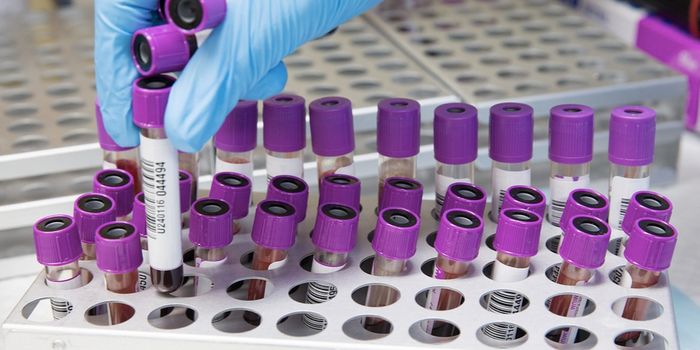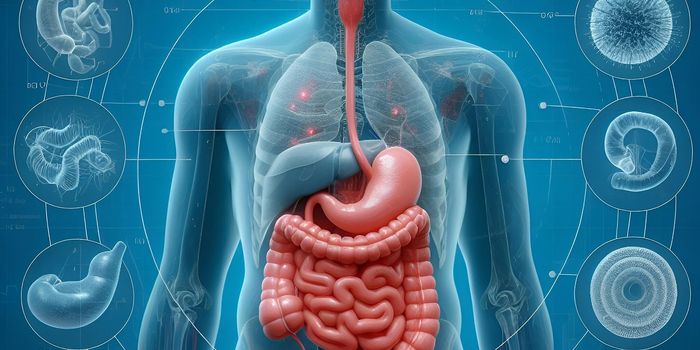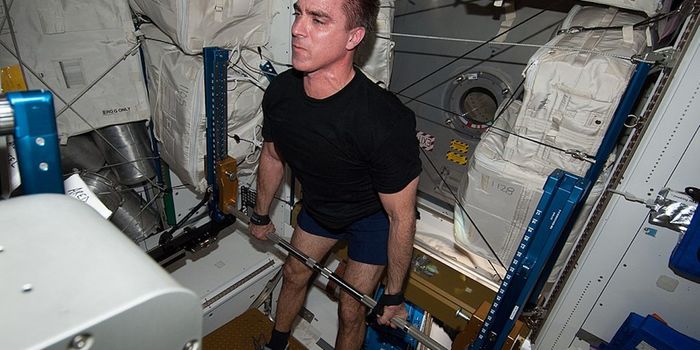Computer Vision Technology Advances Glucose Meters
Researchers at the University of Cambridge have engineered a phone app for monitoring glucose levels in the blood for diabetic individuals. The app was developed from already made computer vision technology.
So, how exactly does it work? The app reads and records glucose levels via the phones camera making it a cost-effective glucose meter. The development of the app was in collaboration with UK glucose testing company GlucoRX.
Learn more about glucose testing technology:
The newly developed app, known as GlucoRx Vision, will replace traditional glucose meters and reduce their waste.
"These meters work perfectly well, so we don't want them sent to landfill just because they don't have wireless connectivity," said Dr James Charles from Cambridge's Department of Engineering. "We wanted to find a way to retrofit them in an inexpensive and environmentally-friendly way using a mobile phone app."
The app is now available for download on Google Play Store as well as the Apply App Store.
"From a purely selfish point of view, this was something I really wanted to develop," he said.
"We wanted something that was efficient, quick and easy to use," said Professor Roberto Cipolla, also from the Department of Engineering. "Diabetes can affect eyesight or even lead to blindness, so we needed the app to be easy to use for those with reduced vision."
"Since the font on these meters is digital, it's easy to train the neural network to recognise lots of different inputs and synthesise the data," said Charles. "This makes it highly efficient to run on a mobile phone."
"It doesn't matter which orientation the meter is in -- we tested it in all types of orientations, viewpoints and light levels," said Cipolla, who is also a Fellow of Jesus College. "The app will vibrate when it's read the information, so you get a clear signal when you've done it correctly. The system is accurate across a range of different types of meters, with read accuracies close to 100%"
Source: Science Daily









